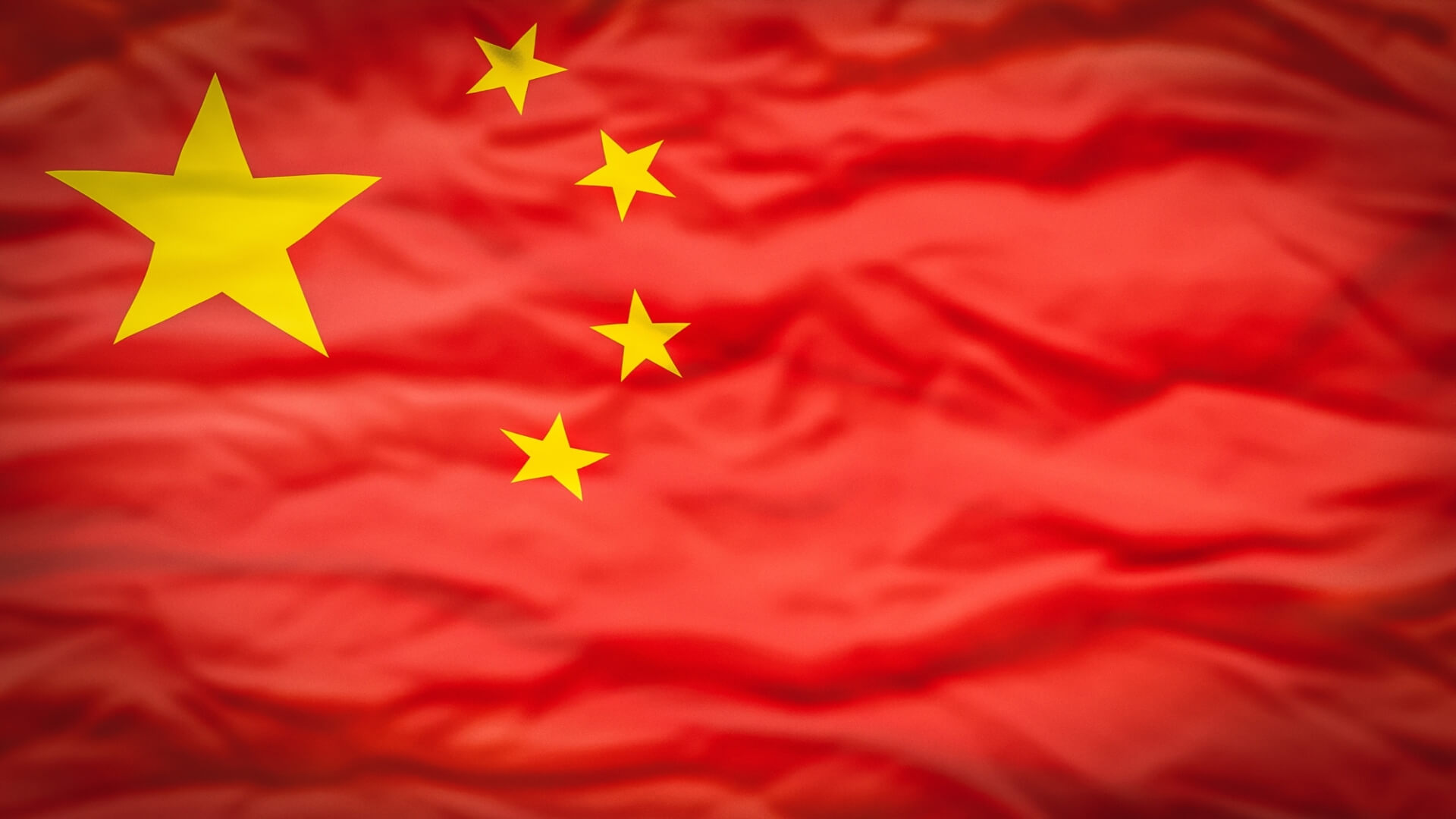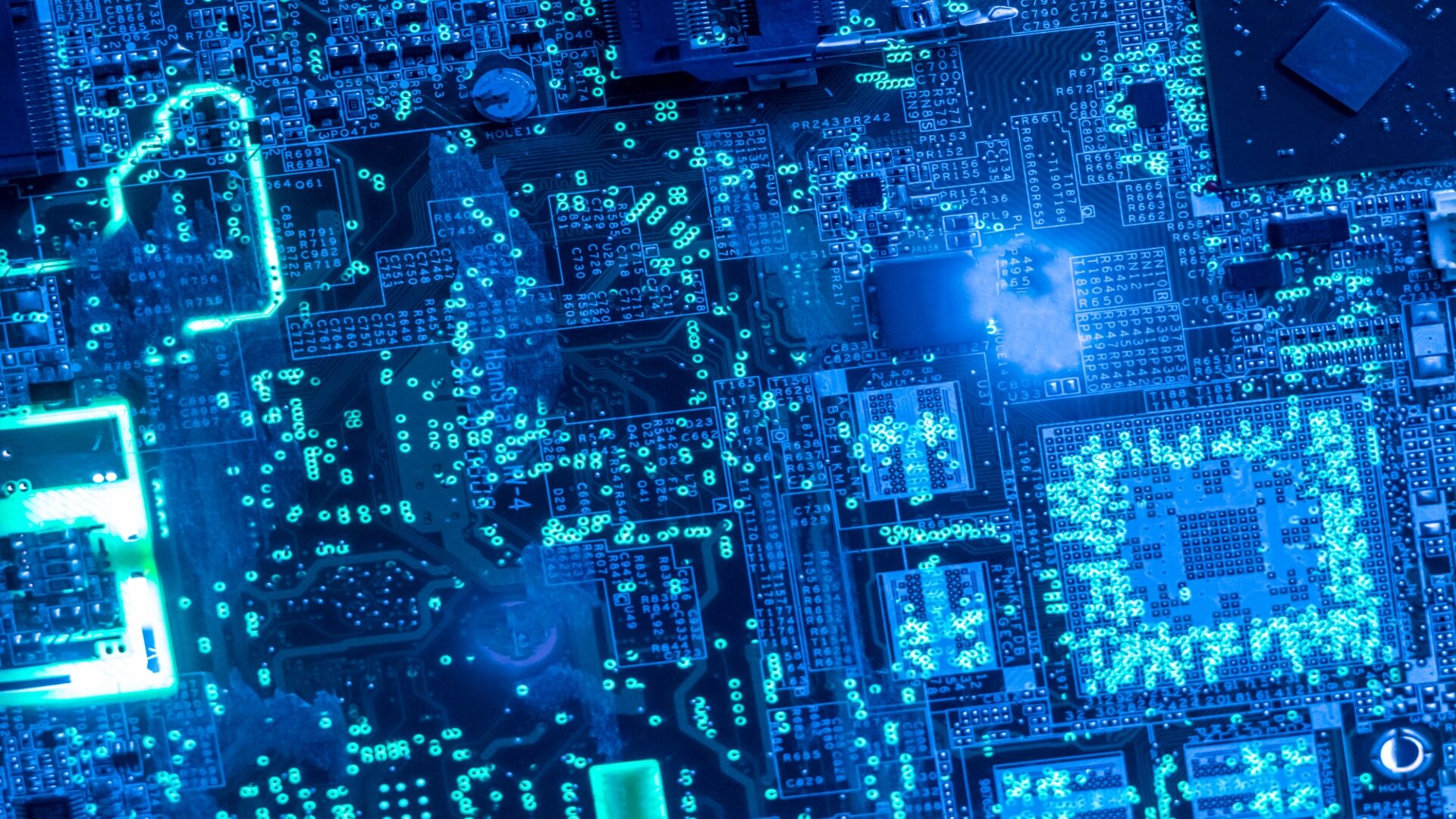Taiwan plays a critical role for the U.S. in the Indo-Pacific region and chips. If China annexed Taiwan and base military assets, such as underwater surveillance devices, submarines, and air defense units on the island, it would be able to limit the U.S. military’s operations in the region. This would significantly impact the U.S. ability to defend its Asian allies. With Taiwan under China’s control, the U.S. would find it far more difficult to maintain a balance of power in the Indo-Pacific or prevent a Chinese bid for regional dominance. This is because Taiwan sits in an important position in the world’s most economically significant region. Assistant Secretary of Defense Ely Ratner noted, “Taiwan is located at a critical node within the first island chain, anchoring a network of U.S. allies and partners—stretching from the Japanese archipelago down to the Philippines and into the South China Sea—that is critical to the region’s security and critical to the defense of vital U.S. interests in the Indo-Pacific.”
Taiwan manufactures nearly 70 percent of the world’s semiconductors, and around 90 percent of the most advanced chips. If the world were to lose Taiwan’s production capacity due to China, no other company is poised to step in to fill the gap in the short term. A Chinese blockade or attack would result in a shortage of any product containing chip technology, such as smartphones, computers and cars. Companies across the globe in a number of industries would have to reduce or even halt production.
China has attempted to isolate Taiwan diplomatically by pressuring other countries to not recognize or maintain formal relations with Taiwan. China has also increased military pressure on Taiwan by conducting military exercises near the island and flying warplanes into Taiwan’s airspace. China has also engaged in disinformation campaigns and cyber-attacks in order to undermine confidence in Taiwan’s democratic institutions. Here is an opinion piece we found of interest relating to the importance of Taiwan to the U.S. in the Indo-Pacific region and chips.
How America should support Taiwan
In an opinion piece “How America should support Taiwan” for Japan Times, Chang-Tai Hsieh, professor of economics and Jason Hsu, fellow at Harvard Kennedy School, argue that the ongoing U.S. efforts to “on-shore” semiconductor manufacturing could cripple Taiwan’s economy at a critical time. The authors report that Taiwan’s security rests on two main pillars: self-governance and economic prosperity. For Taiwan, maintaining de facto sovereignty is non-negotiable, ruling out an arrangement that would placate China, at least under the current Chinese leadership. Even in the face of economic and diplomatic coercion, Taiwan is unlikely to relinquish its democratic system.
The authors note that Taiwan’s dominance in semiconductor manufacturing is critical to its economic security. Taiwan currently produces over 60% of the world’s semiconductors, and more than 90% of all high-end chips. They are concerned with the potential impact of the current U.S. efforts to promote domestic semiconductor manufacturing, which is reflected in the $280 billion CHIPS and Science Act. The authors believe this threatens to undermine the long-term competitiveness of the Taiwan Semiconductor Manufacturing Company (TSMC), severely threatening Taiwan’s so-called Silicon Shield. According to the authors, what Taiwan needs from the U.S. is a bilateral free-trade agreement and support for Taiwan’s membership in regional trade agreements such as the Indo-Pacific Economic Framework for Prosperity, and the Comprehensive and Progressive Agreement for Trans-Pacific Partnership. They suggest Taiwan should continue to invest in asymmetrical defense capabilities, cyber and critical infrastructure and military training. In addition, they believe Taiwan is critical to the U.S. in the Indo-Pacific region and chips. Read the full article on Japan Times.
Disclosure: Fatty Fish is a research and advisory firm that engages or has engaged in research, analysis, and advisory services with many technology companies, including those mentioned in this article. The author does not hold any equity positions with any company mentioned in this article.
The Fatty Fish Editorial Team includes a diverse group of industry analysts, researchers, and advisors who spend most of their days diving into the most important topics impacting the future of the technology sector. Our team focuses on the potential impact of tech-related IP policy, legislation, regulation, and litigation, along with critical global and geostrategic trends — and delivers content that makes it easier for journalists, lobbyists, and policy makers to understand these issues.
- The Fatty Fish Editorial Teamhttps://fattyfish.org/author/fattyfish_editorial/January 19, 2024
- The Fatty Fish Editorial Teamhttps://fattyfish.org/author/fattyfish_editorial/January 3, 2024
- The Fatty Fish Editorial Teamhttps://fattyfish.org/author/fattyfish_editorial/January 3, 2024
- The Fatty Fish Editorial Teamhttps://fattyfish.org/author/fattyfish_editorial/December 31, 2023










